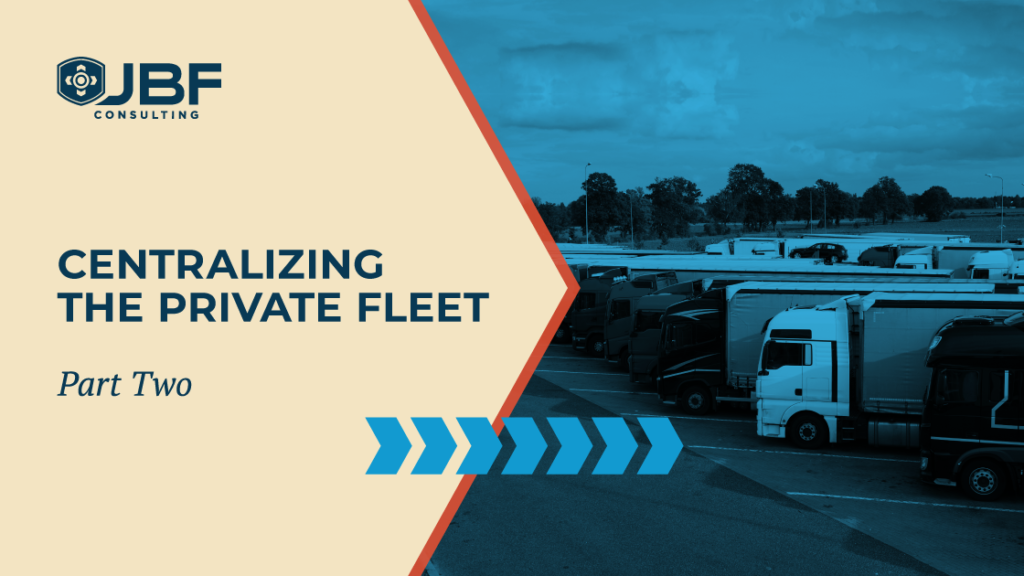In Part One of this feature, I described the first two benefits of private fleet centralization – Cross Facility Optimization and Operational Expertise. These two benefits usually provide the tangible and quantifiable benefits or return necessary to fund this type of project. There are also soft benefits to centralization that should be considered, including System Support and Standardization.
System Support & Personnel Training
Anyone who has ever tried to copy a few gigabytes of data over a company’s WAN will understand how painfully slow supporting remote systems can be. In a centralized planning environment, all of the systems are typically located very close geographically, which enables the support personnel immediate access for troubleshooting or upgrades.
One of the biggest challenges faced by private fleet operations is maintaining a well trained planning force. This challenge escalates dramatically when the planners are scattered among different facilities and often have multiple users working different shifts. Educating the current users on upgrades or new users on the system therefore either requires bringing them into the central site for training, or having the corporate trainer traveling to each site, or hiring consultants to travel to each site. The education process is both slow and expensive.
In a centralized operation, all of the training is accomplished at one site so at most the company is paying for a consultant to travel to that site. Multiple shift schedules can be accommodated by scheduling training sessions twice as opposed to having two sessions at each site. And an often overlooked benefit of the centralized approach is the education and knowledge share the users are able to provide to each other.
Finally, most companies who have moved to centralized planning have seen a reduction in the overall number of planners. This typically does not result in force reductions, but rather the site planners are now freed up to accomplish other functions.
Standardization
How many cubic feet of freight can be loaded on a 53’ trailer? We have seen sites who regularly plan on loading 2200 into one, while another site insists that you can’t load more than 1300. Both of these sites belong to the same company.
Decentralization regularly results in site specific inefficiencies. In a centralized operation, each site can be held to standard performance metrics that are comparable to the other sites. Trailer capacity, number of stops per route, cube per route, average miles per hour, empty miles, and many other metrics can be tracked and compared with much more validity than in a decentralized operation. These metrics help the executive to better understand and address opportunities to improve the various operations.
Who Should Centralize?
Any company operating more than one distribution facility would see benefits to centralization. The decision process therefore becomes an analysis of what investments (technology infrastructure, personnel) are required to accomplish the change versus the expected ROI.
Quantifiable benefits to centralization discussed above include decrease in transportation cost, reduced fleet cost (driver pay, downtime, overtime) maintenance expenses and other cost items associated with sub-optimal route building and dispatch found in the decentralized operation. There are also people-savings, usually in the form of reduced personnel necessary to plan, route, and dispatch loads. On the IT side, significant savings can be found in reducing decentralized hardware (consolidating servers for example), maintenance and support fees associated with running multiple instances across a geographic region.
In my experience, perhaps the most undervalued benefit to centralization is the standardization of business process that results. Many Fleet Manager assume that centralization decreases control and flexibility of the local operation. However, centralization can actually improve flexibility and increase customer service by executing an efficient, repeatable operation on a consistent basis.
Scott Pettit is a Partner with Apollo Logistics Solutions, LLC – a partner consultancy specializing in Private Fleet Technologies.


